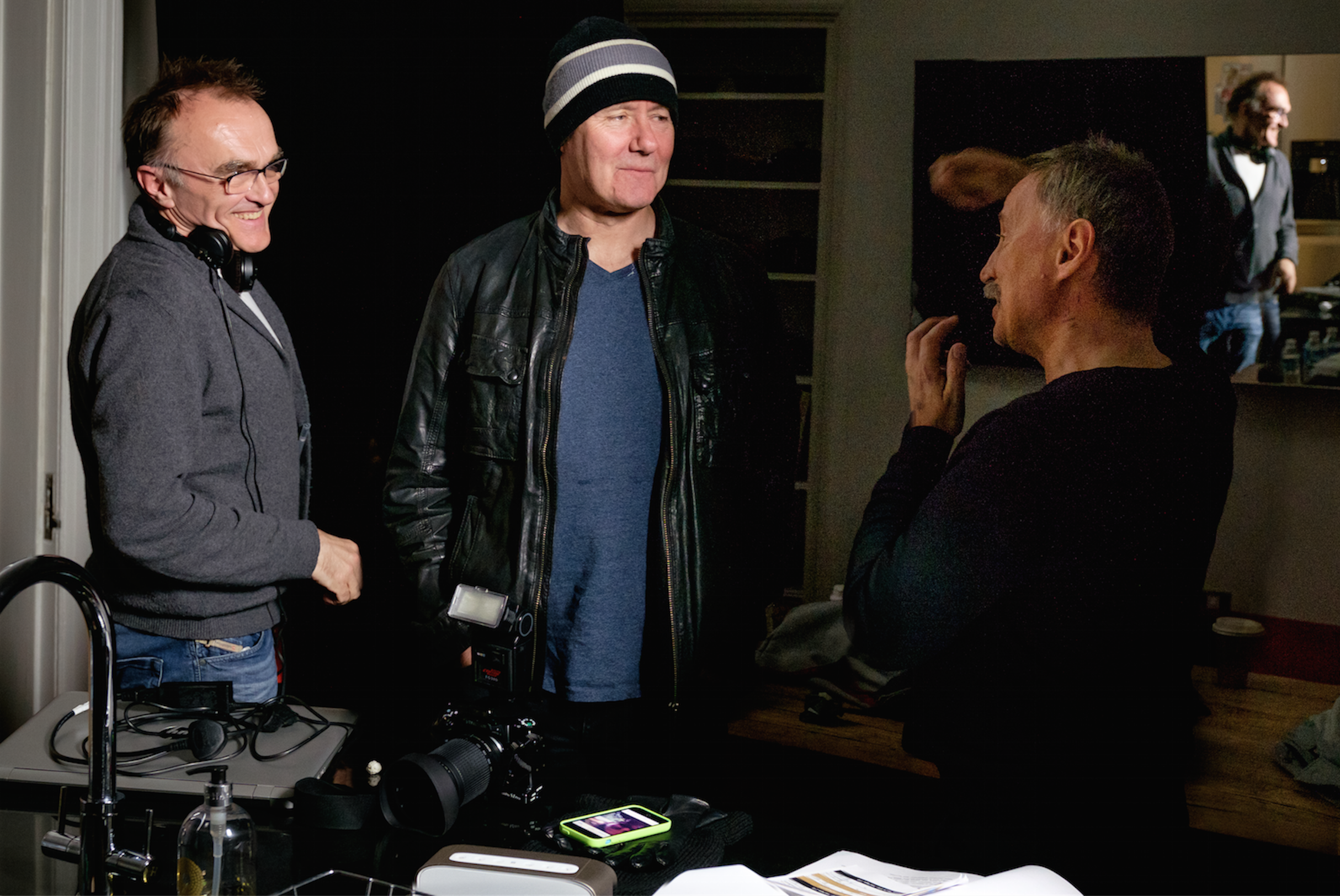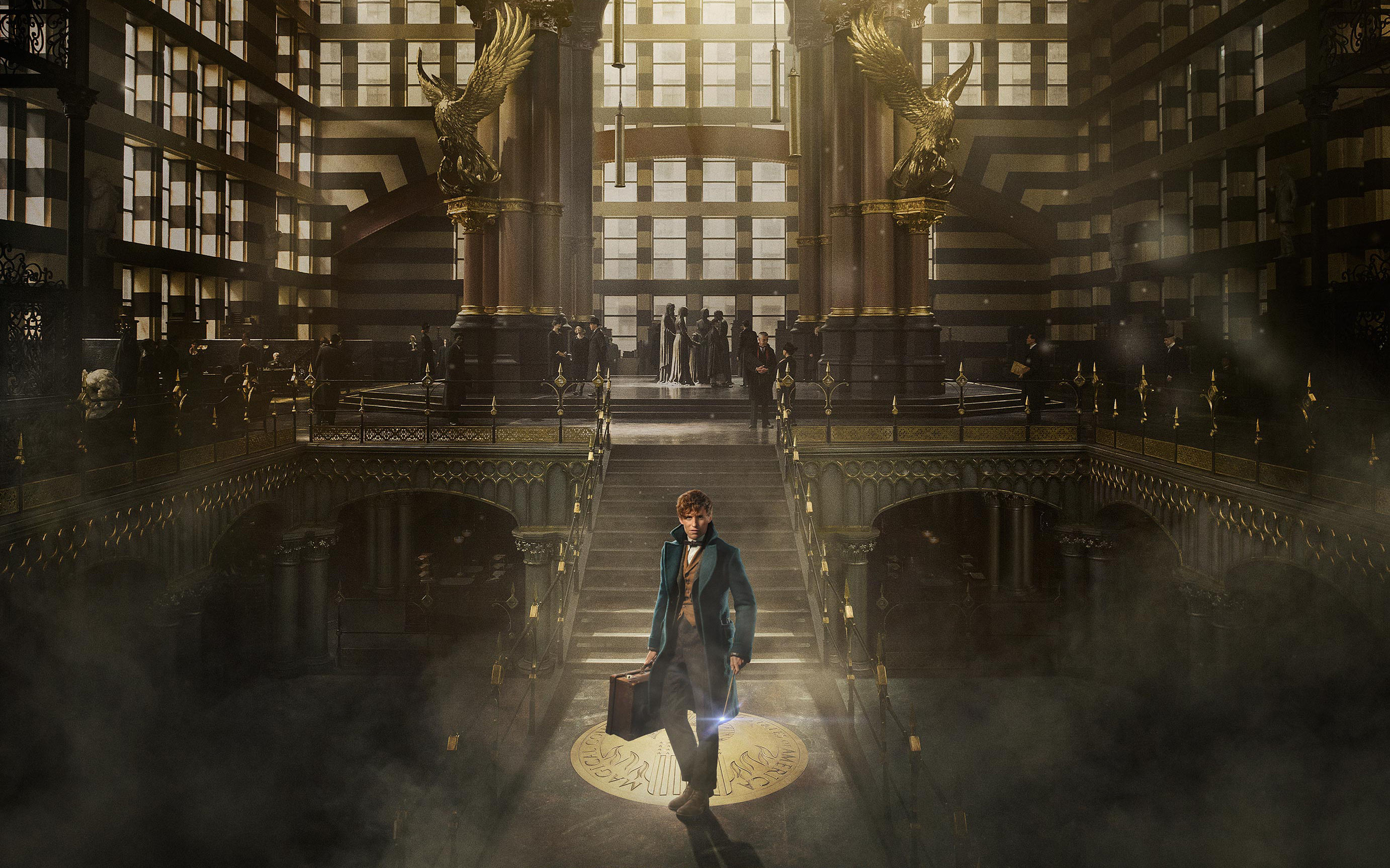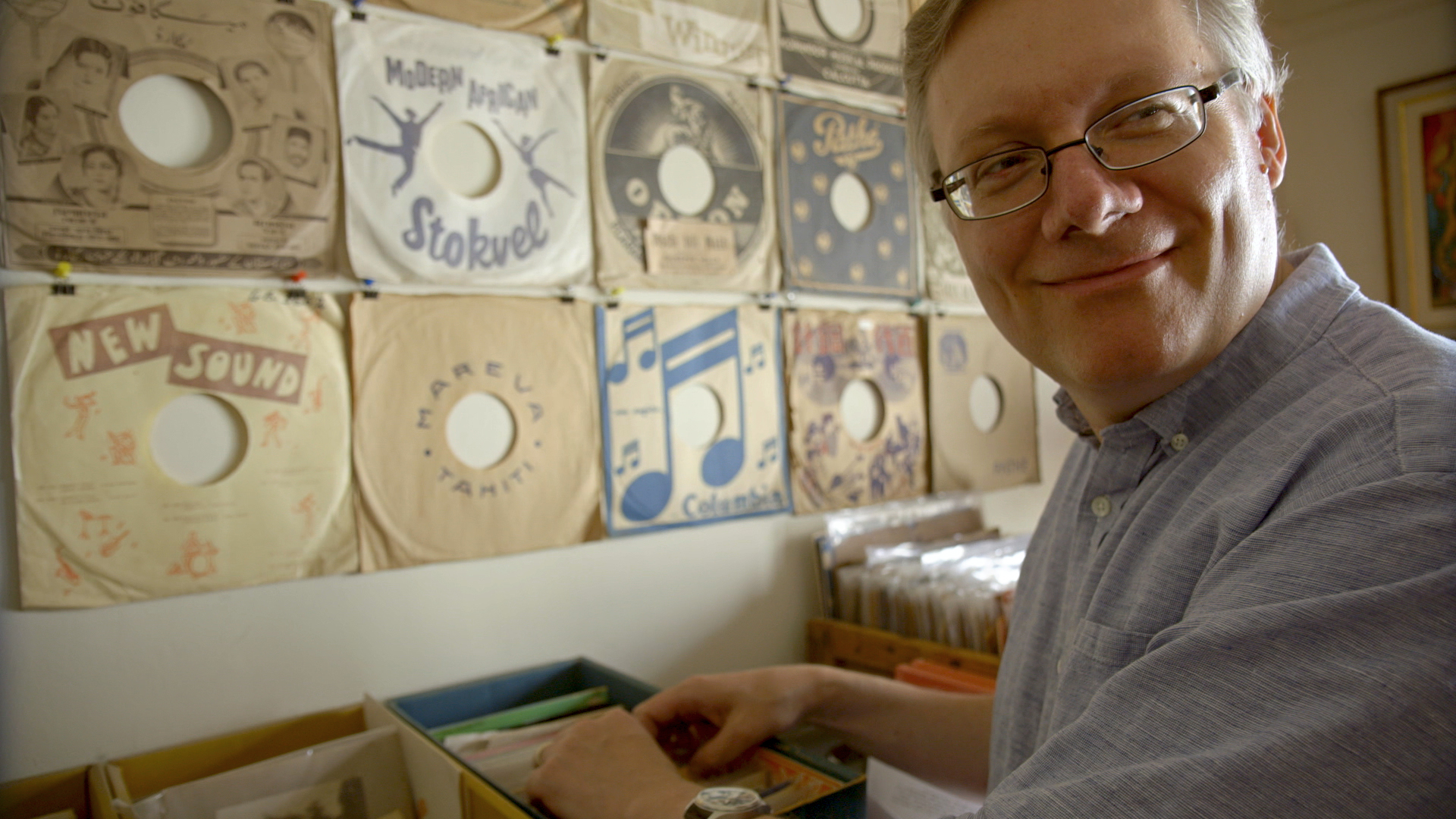

CHOOSING LIFE AND CHOOSING THE PRESENT: CINEMA SIREN INTERVIEWS T2 TRAINSPOTTING DIRECTOR DANNY BOYLE
Cinema Siren had the singular pleasure to interview Oscar-winning director Danny Boyle on the eve of the release of T2: Trainspotting. He talked about the importance of time, working with his amazing cast again after 20 years, updating the “Choose Life” speech, and the happy accidents that happen for well-organized, canny filmmakers:
___________
ABOUT WORKING WITH THE ACTORS AGAIN:
“You have that question of “do you copy the style of the first film, I won’t do that i’ll let as much of it emerge as possible from the actors in the room”…so that’s the main thing I copied from the first film, to leave as many decisions as possible until the last minute. I remember doing that on the first film. When you’re doing something very stylized, it can go two ways. It can look like you just inserted the actors into it, and it’s highly glossy, or you can try to let it come out of the craziness of the characters… and they are crazy. They are quite extreme, all four of them.”
___________
ABOUT HAPPY ACCIDENTS CREATED BY INSPIRED FILMING:
“It doesn’t make sense to the financiers or to the studio—for example, you leave a camera in the scene that everybody loves, the Catholic singalong, you leave a camera or two on Jonny Lee Miller at the piano. Now Jonny can’t really play the piano, and that suits the character, because he’s remembering chords from school days, really. But you leave a camera on him for a day, or a day and a half, or two cameras, that makes no sense to the financiers, but what you get out of it is a moment. I don’t know if you remember it in the film, where he first sits down, and he plays a chord, and he has no idea…you can see he’s working it out, thinking “no…that’s wrong”, and he’s just genius…it’s not written. If you set it up, you probably wouldn’t get that moment, because he’s forgotten…it’s probably Jonny thinking “F*ck!” Not the character, thinking “they didn’t say to play THAT chord, they said THAT one…”, you get things like that, which you can’t justify to a financier, because the cost of leaving that camera on him for so long, multiple takes…it’s hidden in a plant pot or something, so he’s even forgotten it’s there, but what you get is you get these gems from the actors, this magic from the actors…and there’s a lot of waste because of that, but you do get those gems and they’re priceless. They’re worth $100 million dollars to me. You can get them if you’re canny, you can get them for under 20 million, if you organize your crew the right way, and also have very quick actors. Not so much that scene, but most of the time they were very quick, because they were prepared and up to speed so quickly. So they value time, the actors, for little experiments like that. They seem so inconsequential, but there is an exquisite delight when it happens.”
___________
ABOUT THE CHOOSE LIFE SPEECH UPDATE:
“It’s a litany of addictions, and what he was mocking in the first film was bourgeois addictions. The washing machine and the sofa, and in 1996 there was no internet… That was obviously a huge game changer for modern life and the way people lived it. It felt good that a critic, or rather a commentator like Renton should update it. But of course he’s doing it live, it’s not a voiceover anymore. So he stumbles, and it becomes more confessional and more personal. It’s not a sardonic, cold eye on the world. He’s actually quite full of anger, and his choices have not worked out. He’s been left behind. So when he’s mocking things in the new film like Instagram and Twitter, it’s partly because he’s been left behind. That’s what happens in the world, especially with such an emphasis on youth. It’s a very valuable speech. It starts out looking trendy, but actually becomes more personal in the end, because he says “choose disappointment, choose not becoming the person that you wanted to be.” He’s beginning a process in which he gets his voice back by doing that. It’s why he isn’t the commentator in the beginning. He has to earn the right to speak, not just comment on people sardonically, not just withdraw, which is what he tended to do in the first film.”
___________
ABOUT WAITING 20 YEARS INSTEAD OF 10 TO MAKE THE SEQUEL:
“It just felt wrong, because they held such a meaning for people, everyone would talk about them…so when the 20 year anniversary came up, we met in Edinburgh for a week, me and the two writers, Irvine Welsh and John Hodge, and what came out of it was something much more personal. 20 years you can’t hide. You’ve only ever seen it a few times—there are a few examples in Britain. There’s a famous example here, with Hustler and The Color of Money with Paul Newman, that was 25 years. It turned out to be about how badly men age, really. Women age so much more sensibly than men, which is why women live longer. I’m convinced of that. We hang on to the past. It’s why we are so obsessed with sports. It’s because the subject of sports is about guys in their 20’s being highly competitive, we love that. It’s just occupying the past. It’s not even imagining the past, it’s believing you can live like that forever.”
___________
ABOUT MAKING PEACE WITH THE PAST:
“Nostalgia is always a part of you. The past is always a part of you. In my reckoning, you have to make some peace with it. Renton does, anyway. He has to return and make some kind of atonement for what he’s done, and for the losses. His mother, Tommy, the baby….those casualties from the first film, or from the time between the two.”
___________
ABOUT THE MUSIC IN TRAINSPOTTING AND T2, AND THE MAGIC OF DAVID BOWIE
“David Bowie had seen the first film and he loved it, and he’d worked with Lou Reed and Iggy Pop, he apparently worked to get the permissions for the music for us for the first film. One of the weird things about the new film is David had passed, and Lou Reed had passed…and so we tried to include tributes to both of them. There’s a moment with Renton looking through the albums at home, and we turned the sound off, which you can never do in a cinema, because the projectionist, if he’s awake, thinks it’s a mistake. We wanted to use a song by Bowie, and then we decided that wasn’t enough, so we used absolute silence for 2 or 3 seconds. It seemed fitting, considering that man filled our lives with sound for 50 years… really sublime sound for most of it.
The weird thing about doing a sequel is it has to be the same, only different. that’s easy.. (laughs) Underworld reimagined Born Slippy for us, but in a different context, in a much more melancholy context on the moor, talking about Tommy.”
___________
ABOUT TIME AS AN ESSENTIAL COMPONENT OF THE STORY
“We share the love of an art form that is uniquely able to capture time. What you’re doing when you edit a film is you manipulate time. You’re stretching it, you’re compressing it, you’re making it vanish, you’re making it stop and start again. It has an extraordinary power in helping us look at our lives. It’s a weird ritual, you give 2 hours of your time, to see this version of time that’s being shown, and I find that contract amazing. That’s one of the big things about doing the film—it was extraordinary to do one that was about 20 years later. The art form is particularly suited to it. There are a lot of freezes in the film. In the first film, we did the freeze frames because it was cool. Here it’s about time. It’s about things being frozen in time and about them being locked.”
Trainspotting is playing in theaters nationwide.



